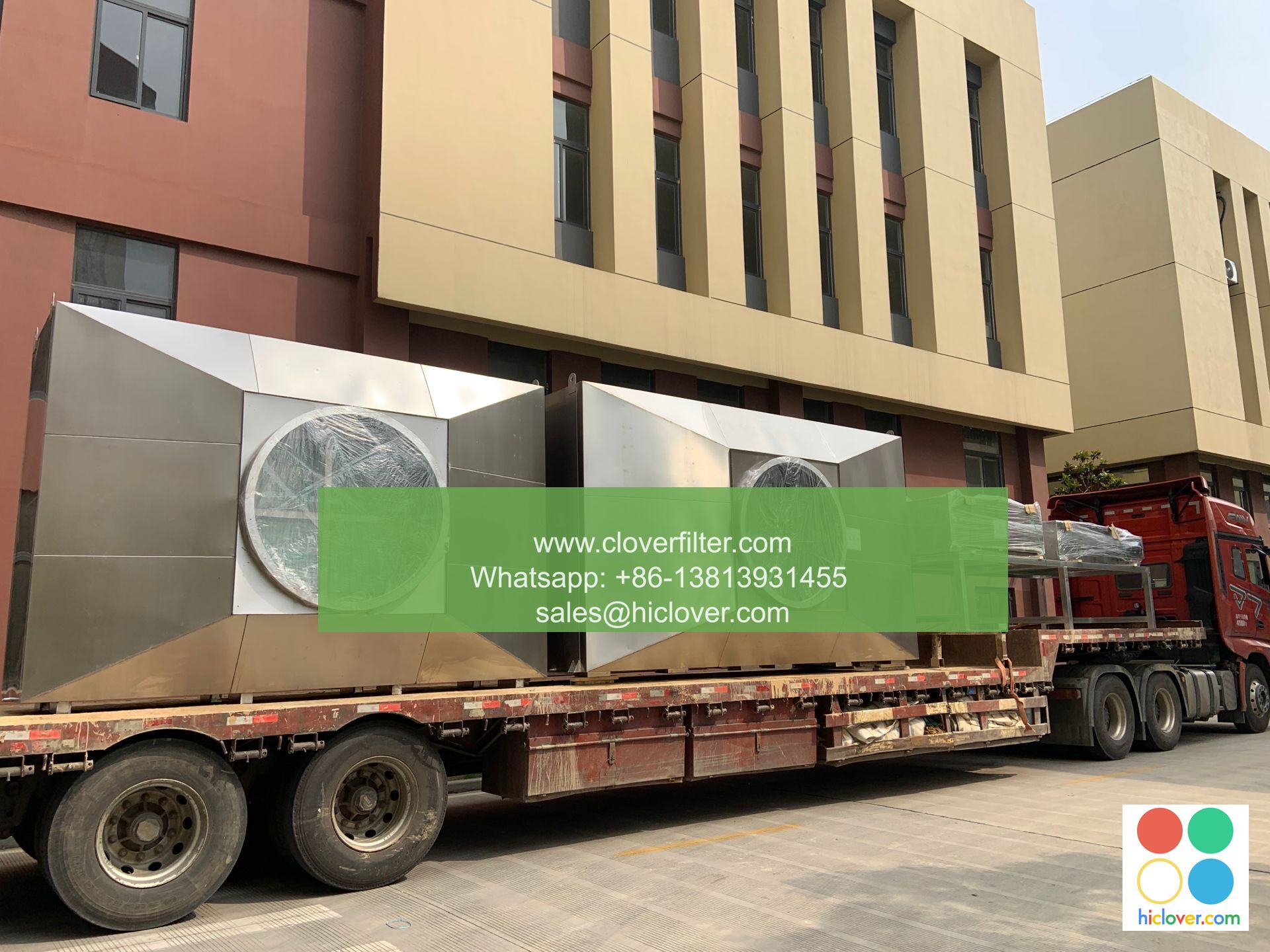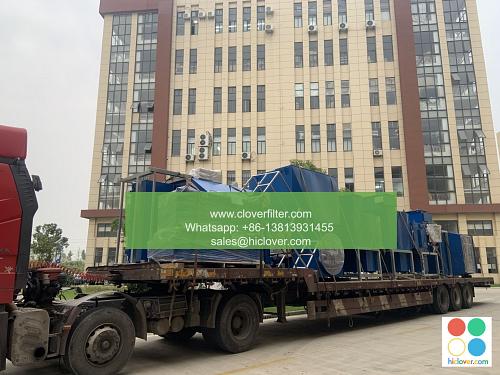Achieving Optimal Air Quality with Automatic Roll Air Filters in Electronics Manufacturing

The electronics manufacturing industry is a complex and highly sensitive environment that requires precise control over various factors, including temperature, humidity, and air quality. Among these factors, air quality plays a crucial role in ensuring the reliability and performance of electronic components. Contaminants in the air, such as dust, pollen, and other particulate matter, can compromise the integrity of electronic devices, leading to defects, malfunctions, and reduced lifespan. To mitigate these risks, manufacturers have turned to automatic roll air filters as a solution for achieving optimal air quality.
Automatic roll air filters are designed to provide a high level of filtration efficiency, capturing up to 99.97% of particles as small as 0.3 microns. These filters are particularly effective in removing contaminants that can damage electronic components, such as dust, smoke, and other airborne pollutants. By installing automatic roll air filters in their facilities, electronics manufacturers can significantly reduce the risk of contamination and ensure a cleaner environment for their products.
One of the key benefits of automatic roll air filters is their ability to operate continuously without requiring frequent replacements or maintenance. These filters are designed with a rolling mechanism that allows them to automatically advance to a new section of filter media as the existing section becomes saturated. This ensures that the filter remains effective at all times, without interruptions or downtime. Additionally, automatic roll air filters are relatively low-maintenance, as they do not require manual cleaning or replacement of filter elements.
In addition to their filtration efficiency and low-maintenance requirements, automatic roll air filters also offer several other advantages for electronics manufacturers. For example, these filters can be easily integrated into existing HVAC systems, making it simple to upgrade or retrofit existing facilities. They are also highly adaptable, allowing manufacturers to customize their filtration systems to meet specific needs and requirements. Furthermore, automatic roll air filters are designed to be energy-efficient, reducing the overall energy consumption of the facility and minimizing the environmental impact of the manufacturing process.
The use of automatic roll air filters in electronics manufacturing has also been shown to have a positive impact on worker health and safety. By removing airborne contaminants from the environment, these filters can help reduce the risk of respiratory problems and other health issues associated with poor air quality. This, in turn, can lead to improved worker productivity, reduced absenteeism, and a safer overall work environment.
In terms of cost savings, automatic roll air filters can also provide significant benefits for electronics manufacturers. By reducing the risk of contamination and defects, these filters can help minimize the costs associated with rework, repair, and replacement of faulty components. Additionally, the energy efficiency of automatic roll air filters can lead to lower energy bills and reduced maintenance costs over time.
Despite the many advantages of automatic roll air filters, there are also some potential challenges and considerations that electronics manufacturers should be aware of. For example, these filters may require a higher upfront investment than traditional filtration systems, although they can provide long-term cost savings and benefits. Additionally, the rolling mechanism of these filters may require periodic maintenance or replacement, although this is typically a relatively simple and low-cost process.
In conclusion, automatic roll air filters offer a highly effective solution for achieving optimal air quality in electronics manufacturing. By providing a high level of filtration efficiency, low-maintenance requirements, and energy efficiency, these filters can help manufacturers reduce the risk of contamination, improve worker health and safety, and minimize costs. As the electronics manufacturing industry continues to evolve and grow, the use of automatic roll air filters is likely to become increasingly important for ensuring the reliability and performance of electronic devices.
FAQs
Q: What is the typical lifespan of an automatic roll air filter?
A: The lifespan of an automatic roll air filter can vary depending on the specific application and usage, but typically ranges from 1-3 years.
Q: Can automatic roll air filters be customized to meet specific needs and requirements?
A: Yes, automatic roll air filters can be customized to meet specific needs and requirements, including different filter media, sizes, and configurations.
Q: Are automatic roll air filters more expensive than traditional filtration systems?
A: While automatic roll air filters may require a higher upfront investment than traditional filtration systems, they can provide long-term cost savings and benefits through reduced energy consumption, maintenance costs, and minimized risk of contamination.
Q: How do automatic roll air filters impact worker health and safety?
A: Automatic roll air filters can help reduce the risk of respiratory problems and other health issues associated with poor air quality, leading to improved worker productivity, reduced absenteeism, and a safer overall work environment.
Q: Can automatic roll air filters be integrated into existing HVAC systems?
A: Yes, automatic roll air filters can be easily integrated into existing HVAC systems, making it simple to upgrade or retrofit existing facilities.

